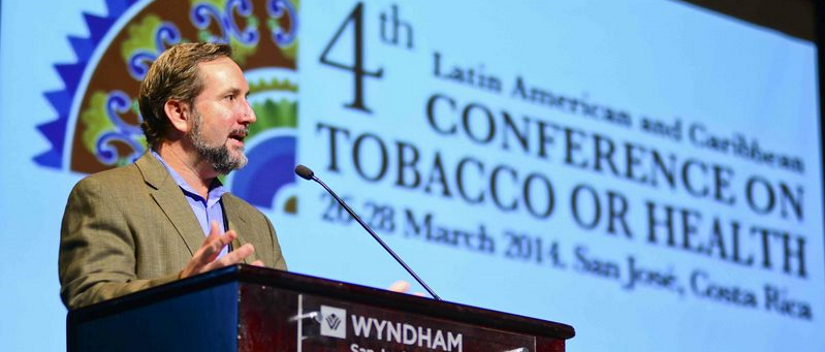About Us
Like the epidemic of non-communicable disease, our work is global in scope. As such, we collaborate with researchers across a variety of countries, especially in the Americas (e.g., Argentina, Brazil, Canada, Guatemala, Mexico, US). These collaborations include surveys, experiments and intervention research with people across diverse socio-cultural contexts in the US and around the world. The results of our research have informed and supported policy development, particularly policies the World Health Organization recommends to prevent the global epidemic of tobacco use.
Our aims are to:
- Generate new knowledge around policy and communication strategies to address unhealthy eating and tobacco use, including use of novel products like e-cigarettes
- Build and strengthen research capacity to address NCDs in low- and middle-income countries
- Train students and scholars through engagement in research projects and dissemination through scientific manuscripts, communication with decision makers, and advocacy
Vision
To improve global health by reducing non-communicable diseases.
Mission
Our mission is to identify high-impact media, health communications, and policy interventions that address global NCDs by reducing tobacco use and promoting healthy eating.
